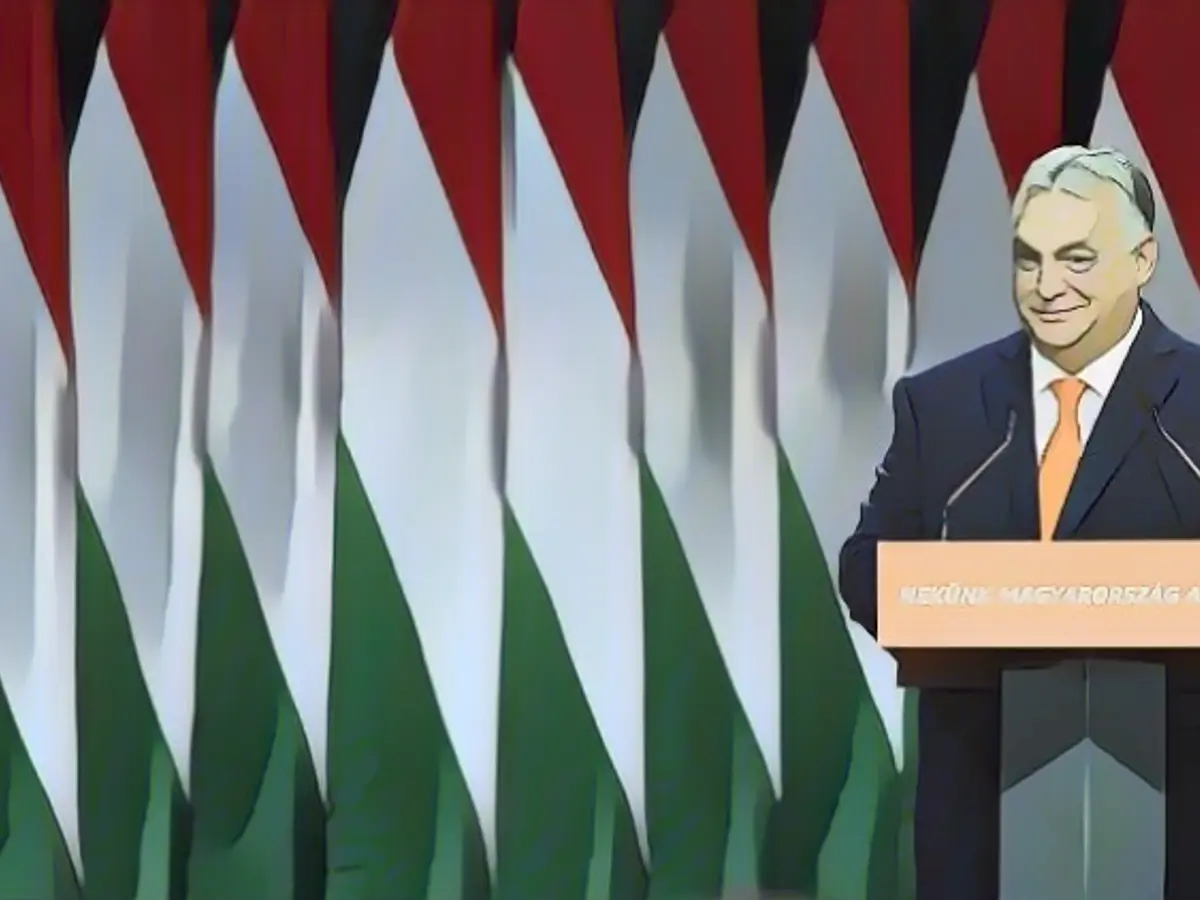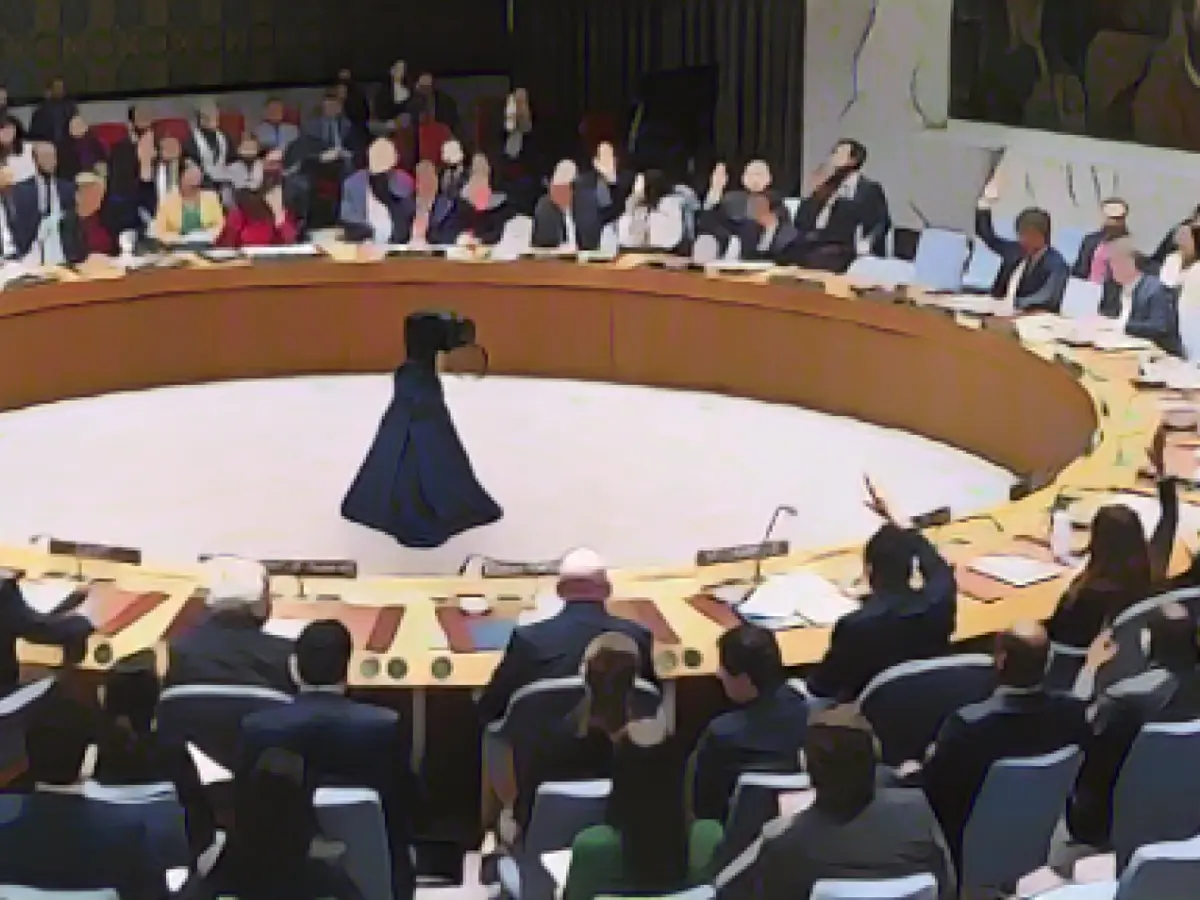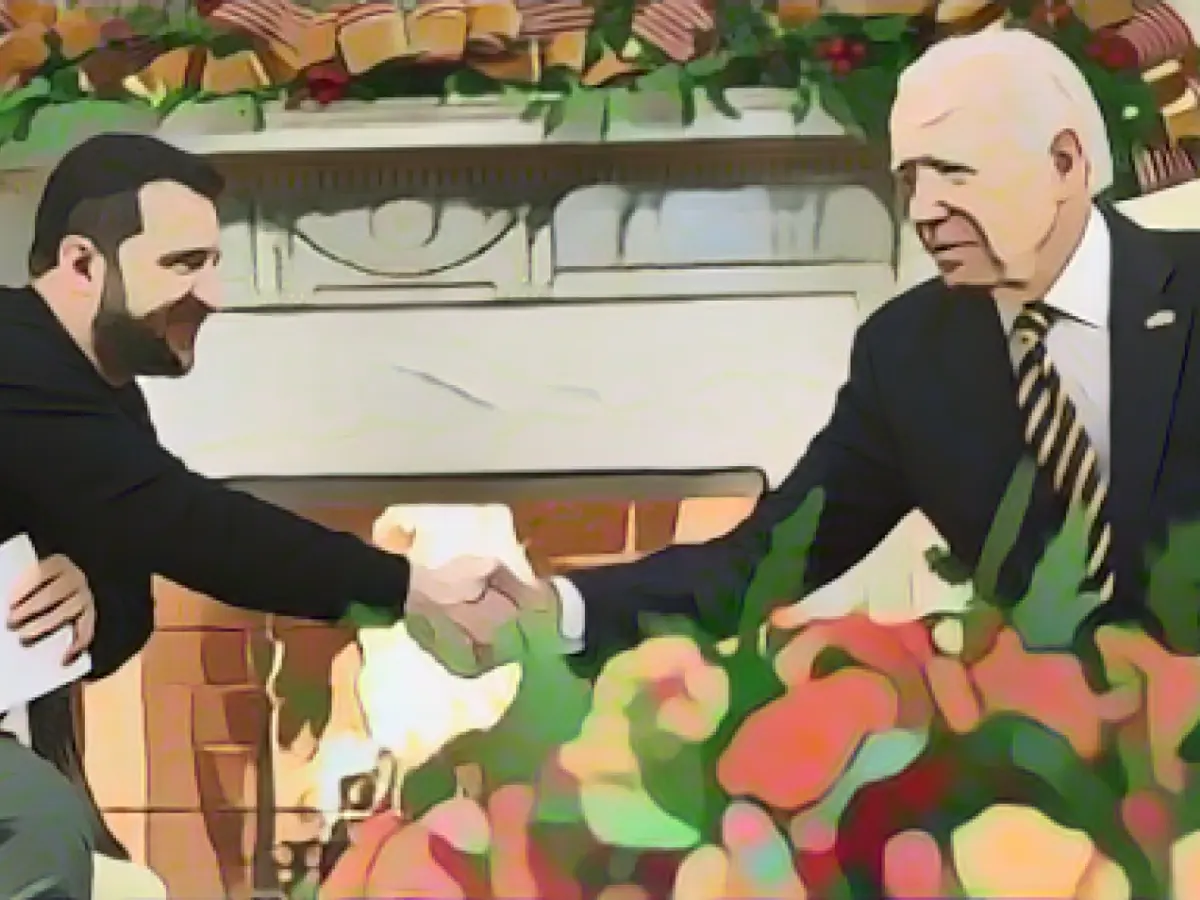Hungary's Fidesz party, spearheaded by Prime Minister Viktor Orban, has raised strong objections to the EU commencing accession talks with Ukraine. A resolution was put forth in parliament in Budapest, urging Orban to voice his opposition against a favorable decision at the upcoming EU summit.
The European Commission's proposal to initiate discussions with Ukraine has been met with growing apprehension among the 27 EU member states, as there are concerns that Hungary might block a decision to commence negotiations. Orban had earlier warned against a positive verdict, emphasizing the need for a unanimous decision among the 27 EU heads of state and government.
Several factors contribute to Orban's stance. Firstly, Budapest's close ties with Russia, its chief energy supplier, are significant. Secondly, Hungary is pushing to secure the release of billions in subsidies that have been withheld by the EU Commission due to violations in the judicial system by the right-wing Hungarian government. Thirdly, Orban has criticized the EU Commission for failing to provide a comprehensive analysis of the potential impacts of Ukraine's accession on the EU, particularly concerning the Russian occupation of parts of the country and financial consequences for Eastern European EU states.
dug deeper into the reasons behind Hungary's opposition to Ukraine's EU accession talks. Enrichment data reveals:
- Rule of Law Concerns: Hungary has demanded that Ukraine present a plan for the protection of national minorities before proceeding with the talks, causing potential delays to the scheduled April commencement of the first cluster of talks, which focuses on rule of law issues.
- National Minority Protection: The Hungarian delegation has emphasized the need for Ukraine to address the protection of national minorities, indicating a broader concern about minority rights within Ukraine.
- Alleged Smear Campaign: Tensions have escalated due to allegations by Hungarian intelligence services that Ukraine orchestrated a smear campaign against Hungarian Prime Minister Viktor Orban. These accusations led to Deputy Foreign Minister Levente Magyar's trip to Kyiv to demand an explanation, which Ukraine vehemently denied.
- Authoritarian Rule and EU Criticism: Orban's authoritarian policies and close ties to Russian President Vladimir Putin have resulted in clashes with EU officials, who have accused Hungary of backsliding on democracy and breaching EU laws.
- Energy Crisis and Sanctions: Orban has blamed EU sanctions on Russia for Hungary's energy crisis, advocating for the lifting of these sanctions. This stance aligns with Russia's interests, further complicating Hungary's relationship with the EU.
- General Criticism of EU Policies: Orban has expressed dissatisfaction with EU policies, particularly regarding Ukraine. He has argued that the EU's current strategy of providing massive aid to Ukraine is not effective and that a ceasefire should be negotiated instead.
In summary, Hungary's Fidesz party, under Prime Minister Orban's leadership, has numerous reasons for opposing Ukraine's EU accession talks. These range from concerns about the rule of law, national minority protection, smear campaigns, authoritarian rule, energy crisis, and EU policies.








